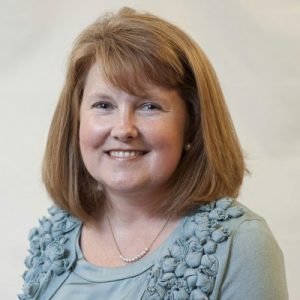February 15, 2024
 Mollie Scott, Pharm.D., Regional Associate Dean for the UNC Eshelman School of Pharmacy’s Asheville campus, has been named as a new member of the board of directors for Asheville Buncombe Community Christian Ministry’s (ABCCM) Doctors’ Medical Clinic.
Mollie Scott, Pharm.D., Regional Associate Dean for the UNC Eshelman School of Pharmacy’s Asheville campus, has been named as a new member of the board of directors for Asheville Buncombe Community Christian Ministry’s (ABCCM) Doctors’ Medical Clinic.
“I am thrilled to be named as a member of the ABCCM Medical Ministry Board of Directors,” said Scott. “ABCCM is a critical organization for our community and provides essential services for those in need. Our pharmacy students and faculty have volunteered at the medical clinic for decades, and I look forward to ongoing collaborations to address social determinants of health in vulnerable populations in my hometown.”
During Scott’s three-year term on the board, she will serve with an interprofessional group of pharmacists, physicians, dentists and pastors. She has been a volunteer with ABCCM for over 20 years and is excited for this opportunity to serve her community in a great capacity. ABCCM is the only free clinic in Buncombe County and provides primary care, pharmacy and dental services for the uninsured. It also provides services for the homeless, veterans, women and children, and those in crisis and in need of food, heat and clothing. The clinic is a member of the North Carolina Association of Free and Charitable Clinics.
Asheville students have been active volunteers for ABCCM for years, pre-dating Scott’s involvement, by serving meals for veterans at the Veterans Restoration Quarters, teaching classes about how to manage your medications at Transformation Village and volunteering in the clinic pharmacy. This year, the Asheville faculty contributed gifts for their Christmas Angel Shop, a resource for families in need to select gifts for their children.
ABCCM’s mission is to be the trusted access point of entry for any low income and uninsured person in Buncombe County to receive high-quality clinic care, medications and referrals to community resources to bridge them to a primary care home. They will work with each person to navigate the complex system until ongoing care is secured, and the individual and community gap is closed.
Latest News

Dean Angela Kashuba receives Carolina Alumni Faculty Service Award

RASP poster presentations capture student research


